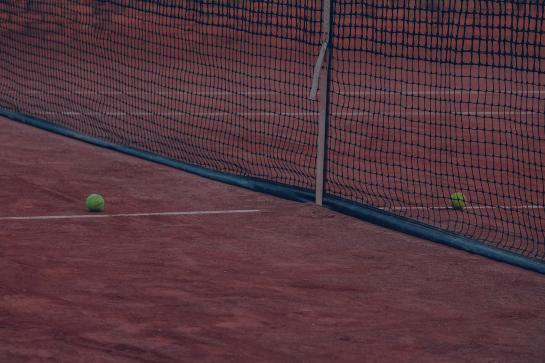
You haven't seen a living soul in days. Netflix is finished. And on social media you see your competitors train in a pleasant 25 degrees. At night you lie awake from the jet lag, the stress, or in some cases from mice running around in your room. Sacrifices and unforeseen circumstances are part of elite sport. But the 72 tennis players who have been in total isolation in Melbourne for two weeks since Saturday are being tested to the limit. They were unlucky to be on one of the three flights to Australia where a fellow passenger tested positive for Covid-19 afterwards. Result: no air, no training, no physical social contacts. How do you deal with that?
Paul Wylleman wrapped up some advices:
- This is an exceptional situation, especially the duration of the isolation. You will notice the impact of the lack of interaction. That cannot simply be replaced. You are not in control, cannot carry out your routine, that leads to emotions. It is important to ventilate it. So a lot of calling, texting and facetiming. Also look for fellow sufferers.
- But it is also a matter of acceptance. Don't focus on what is missing, but on what is still there. Don't give up. It's a cliché, but it doesn't help you hold on to stress and emotions. However justified they are.
- Athletes often think in terms of falling behind, of missed training hours on the track. Then look for something else, for details that you would otherwise not have time for, such as reviewing your own games and analyzing parts of yourself. Now you get the chance.
- It is also important that the tournament organization makes it clear that they do not forget those 72 athletes. It is important to give them information, perspective, no matter how small. I would also think that in the parking garages underneath those hotels there is a wall that they can slam against for half an hour in all seclusion and safety? Even if it's just releave a little tension.
